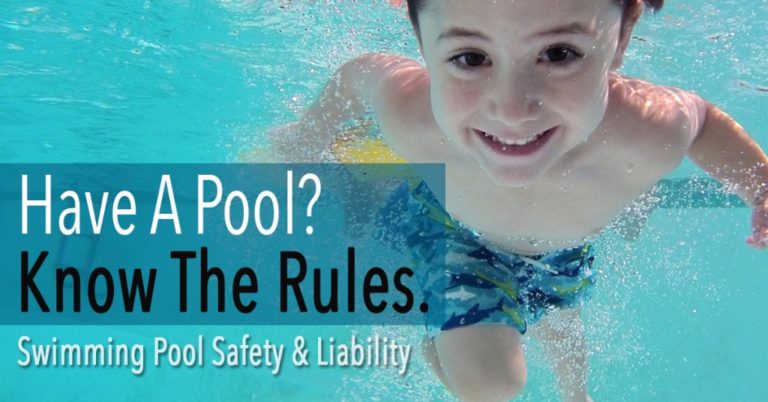 It doesn’t matter if you just started driving, or if you’ve been driving for years – it is always important to make sure that you know good driving techniques and that you apply them every time you’re on the road. Sometimes, people tend to be irresponsible drivers – maybe you’re in a hurry to get to another place, or you’re tired and not really alert enough. For whatever reason, it is important to stick to the driving do’s and don’ts that might help you save your own life and others’ as well.
It doesn’t matter if you just started driving, or if you’ve been driving for years – it is always important to make sure that you know good driving techniques and that you apply them every time you’re on the road. Sometimes, people tend to be irresponsible drivers – maybe you’re in a hurry to get to another place, or you’re tired and not really alert enough. For whatever reason, it is important to stick to the driving do’s and don’ts that might help you save your own life and others’ as well.
DO’s:
- – Check your tires, brake pads, oil level and lights regularly.
- – Ensure that your spare tire is in good condition and that your jack is working.
- – If there are any strange noises when you drive, or if there are changes in the feel of your car, don’t ignore them. Investigate the causes and have them repaired if needed.
- – Pay close attention to the situation on the road; check your blind spots and mirrors – do these all the time.
- – Always wear your seatbelt and stick to the allowed speed limit. Make sure to keep your children in approved and tested car seats. If they get agitated due to long drives, take frequent breaks so they (and you, too) can stretch their legs.
- – Be courteous to other drivers and avoid upsetting other road users. Make sure to use your indicators even if there’s no one else around.
- – Don’t hold back from using your horn – this lets people know that you are there especially if you are coming up to a narrow road or a blind corner.
- – Make room for bicyclists and make sure to give pedestrians the right-of-way especially in crosswalks.
- – When driving under bad weather conditions, keep a winter survival kit in your car. It should contain a cellphone, flares, a working flashlight, water, food, blanket and matches. You’ll never know what can happen – it’s better to be safe than sorry.
DON’Ts:
- – Never hold-off regular maintenance as this helps keep your car safe. When making modifications, consult an expert first – avoid having to do the modifications on your own if you’re not an expert on these things.
- – Don’t buy and drive a car that you find difficult to drive.
- – If you are feeling tired, hung-over or sick, it’s best to let someone else drive for you. Don’t drive when you know you can’t focus 100% on the road.
- – When driving in poor condition, don’t drive normally. It’s a must to be more cautious and drive slowly.
- – Avoid eating, using your phone, messing with your stereo and just plainly being distracted when you’re driving.
- – Don’t make it a habit getting too close to other road users. Never assume that they are going to do what you expect them to do. There’s nothing predictable when you’re on the road.
- – Avoid getting upset with the behaviours of other road users – this might only make you distracted and lead to poor driving decisions.




